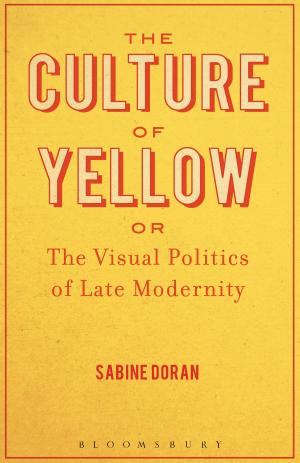Plato's Philosophy of Science
Nonfiction, Religion & Spirituality, Philosophy, Ancient, Science & Nature, Science| Author: | Andrew Gregory | ISBN: | 9781472502384 |
| Publisher: | Bloomsbury Publishing | Publication: | March 2, 2015 |
| Imprint: | Bloomsbury Academic | Language: | English |
| Author: | Andrew Gregory |
| ISBN: | 9781472502384 |
| Publisher: | Bloomsbury Publishing |
| Publication: | March 2, 2015 |
| Imprint: | Bloomsbury Academic |
| Language: | English |
In this illuminating book Andrew Gregory takes an original approach to Plato's philosophy of science by reassessing Plato's views on how we might investigate and explain the natural world. He demonstrates that many of the common charges against Plato - disinterest, ignorance, dismissal of observation - are unfounded, and shows instead that Plato had a series of important and cogent criticisms to make of the early atomists and other physiologoi. Plato's views on science, and on astronomy and cosmology in particular, are shown to have developed in interesting ways. Thus, the book argues, Plato can best be seen as a philosopher struggling with the foundations of scientific realism, and as someone, moreover, who has interesting epistemological, cosmological and nomological reasons for his approach.
Plato's Philosophy of Science is important reading for all those with an interest in Ancient Philosophy and the History of Science.
In this illuminating book Andrew Gregory takes an original approach to Plato's philosophy of science by reassessing Plato's views on how we might investigate and explain the natural world. He demonstrates that many of the common charges against Plato - disinterest, ignorance, dismissal of observation - are unfounded, and shows instead that Plato had a series of important and cogent criticisms to make of the early atomists and other physiologoi. Plato's views on science, and on astronomy and cosmology in particular, are shown to have developed in interesting ways. Thus, the book argues, Plato can best be seen as a philosopher struggling with the foundations of scientific realism, and as someone, moreover, who has interesting epistemological, cosmological and nomological reasons for his approach.
Plato's Philosophy of Science is important reading for all those with an interest in Ancient Philosophy and the History of Science.















